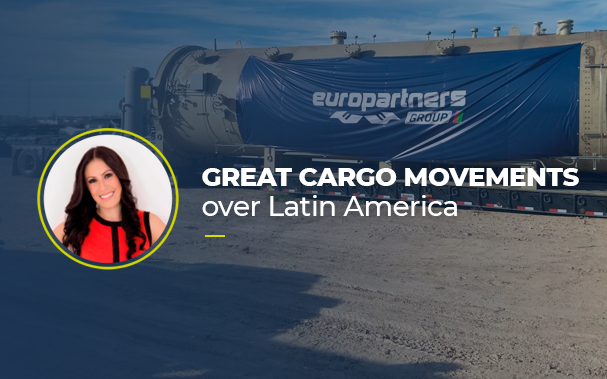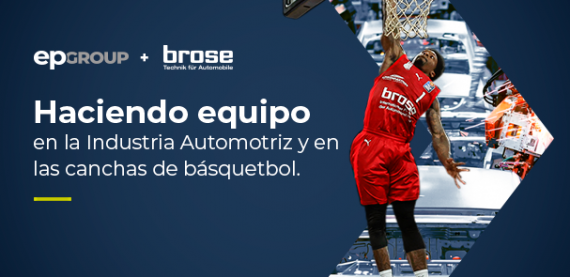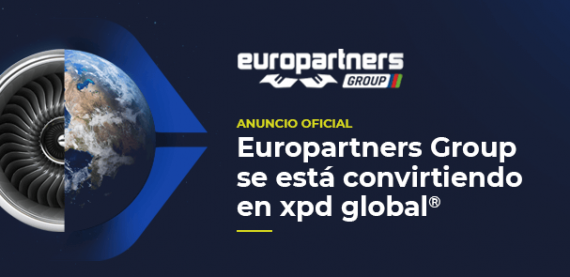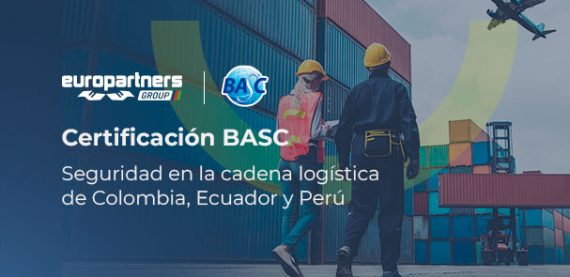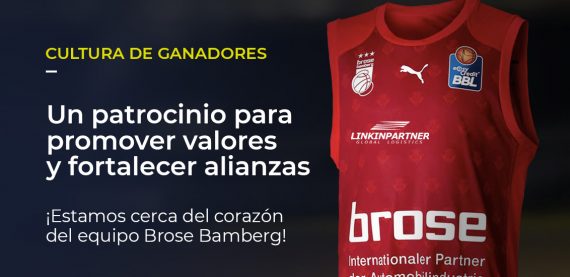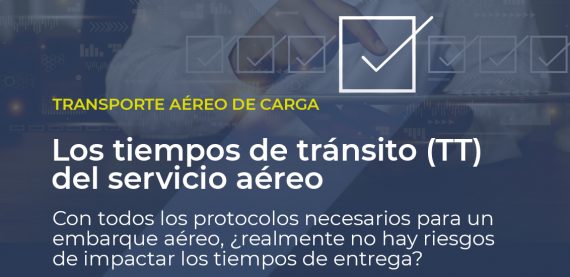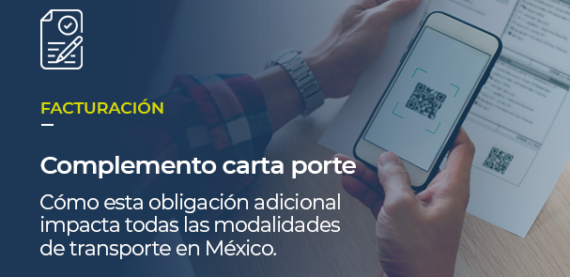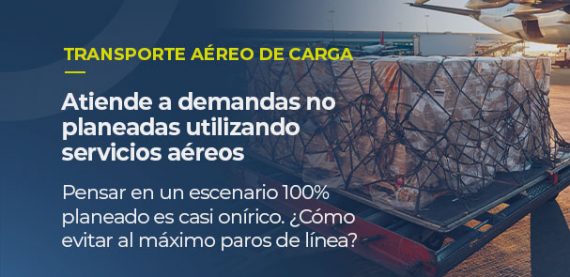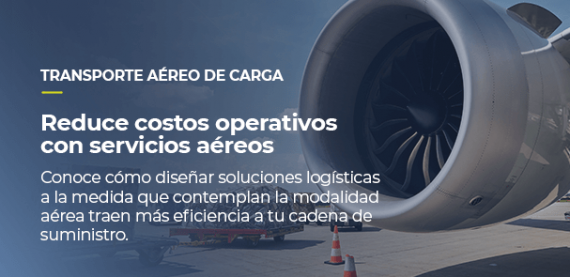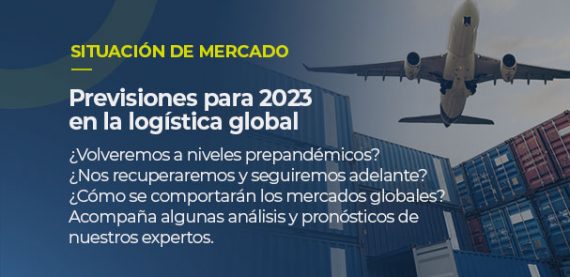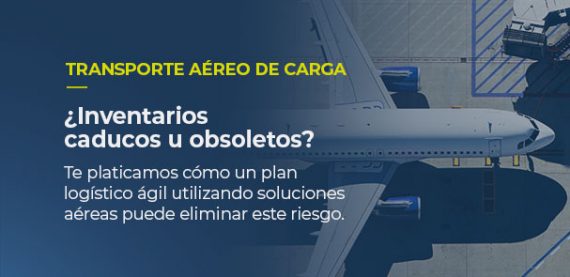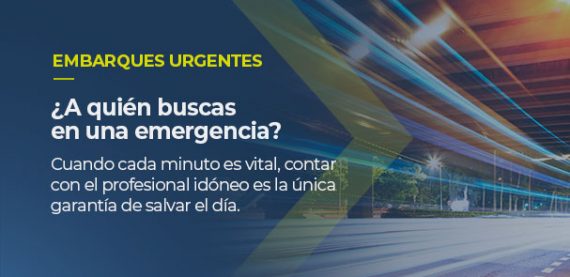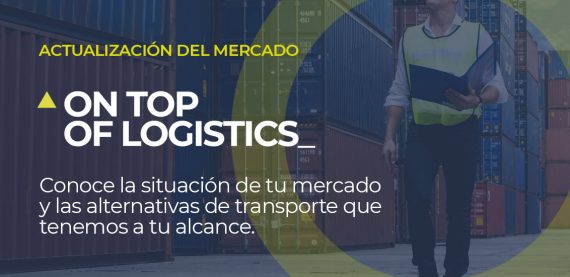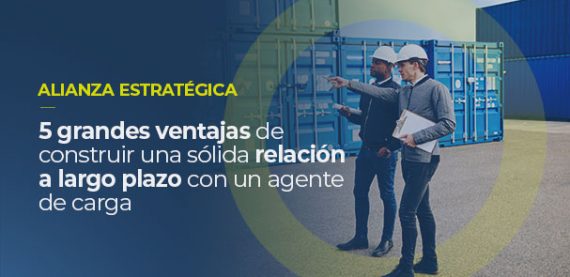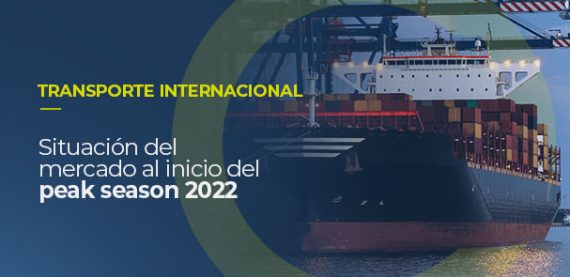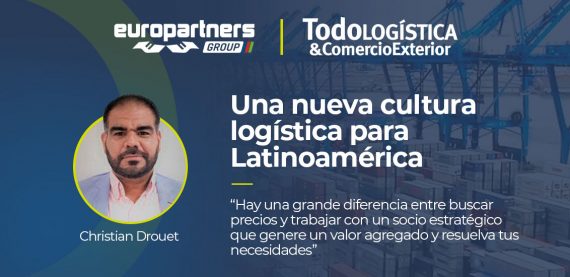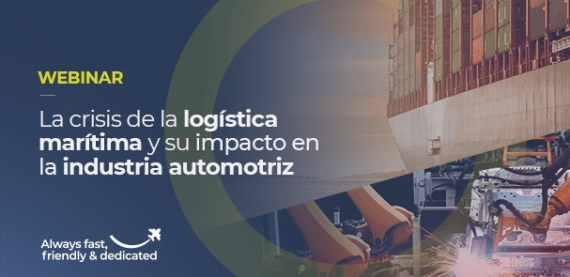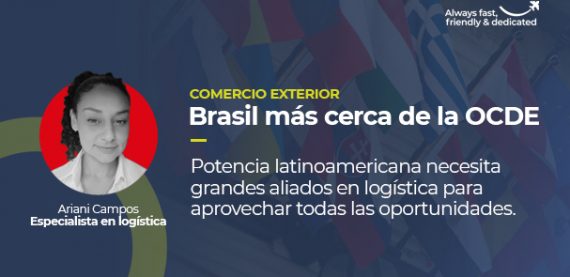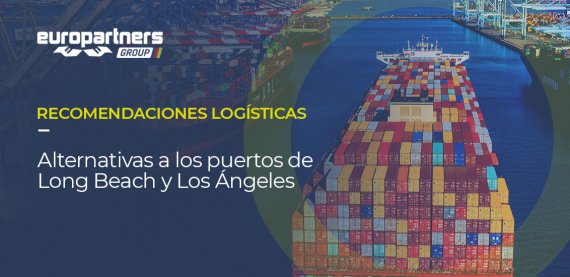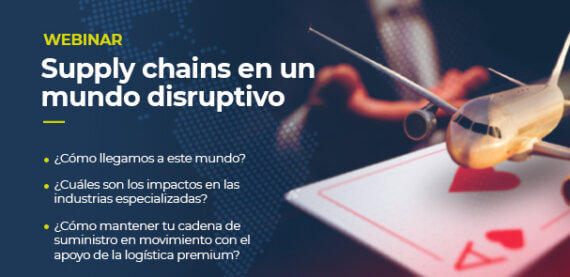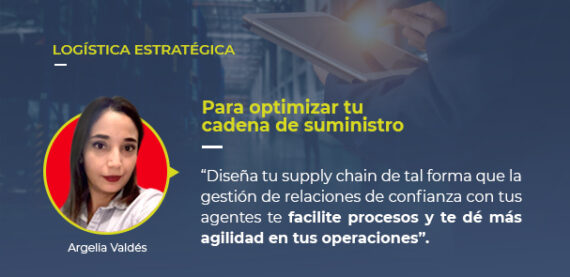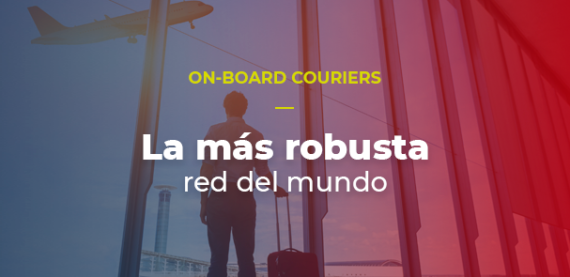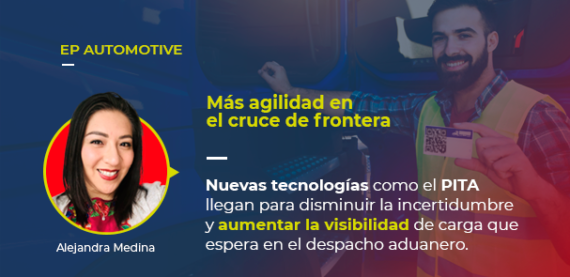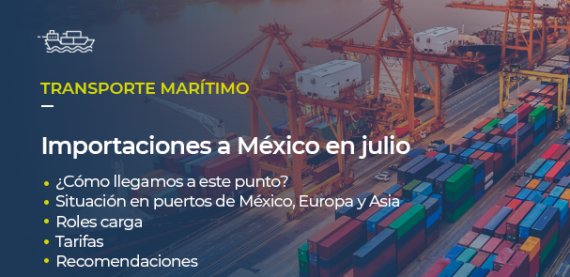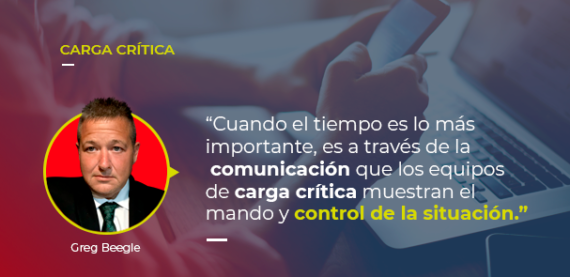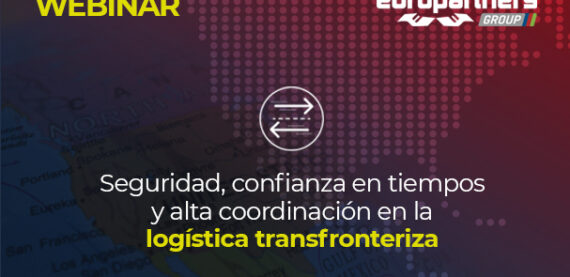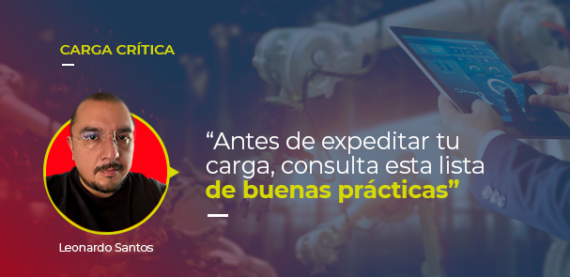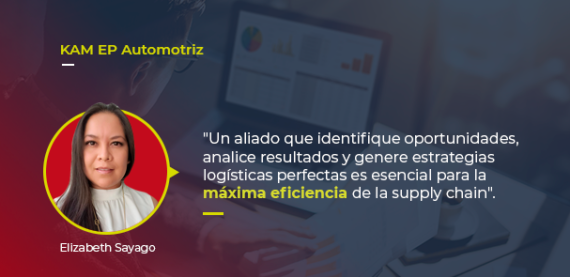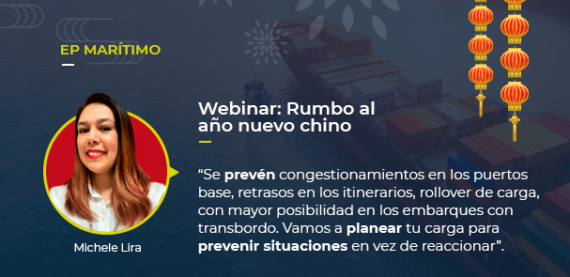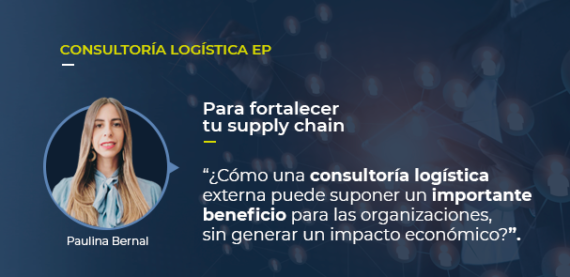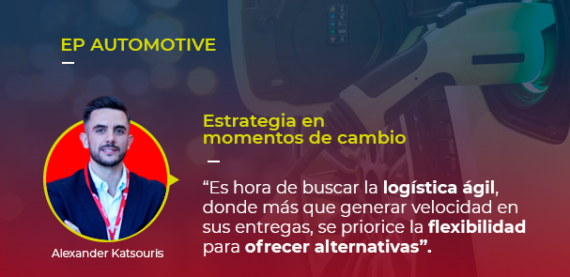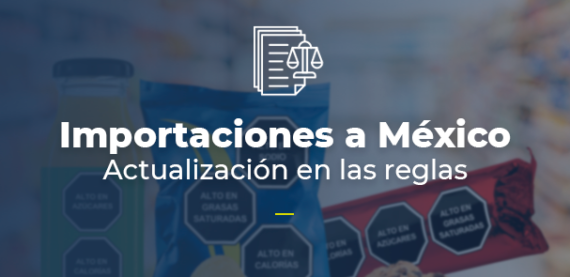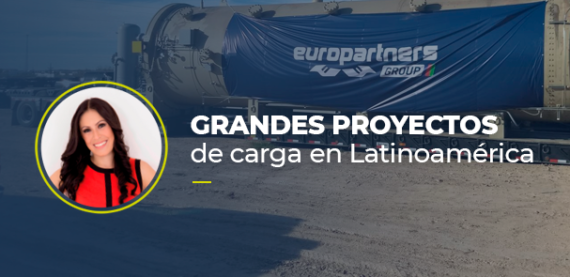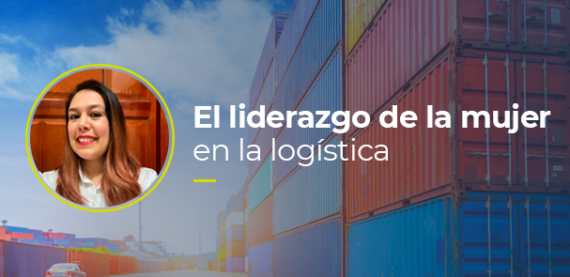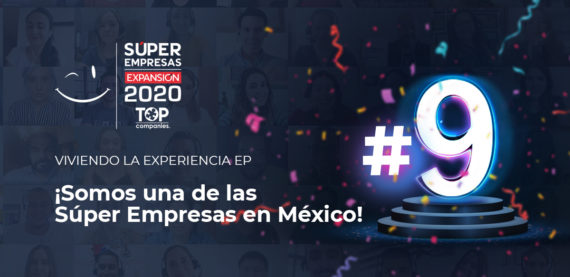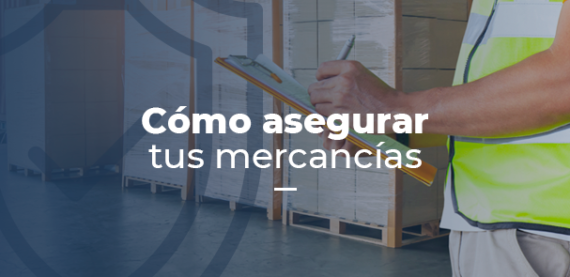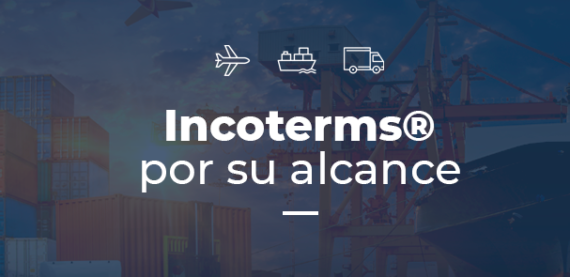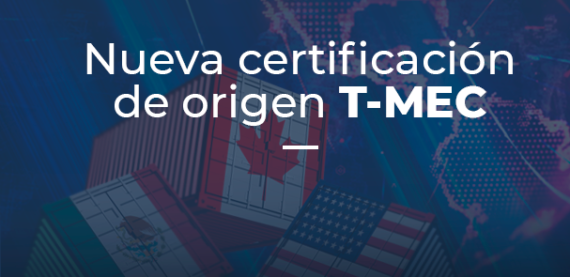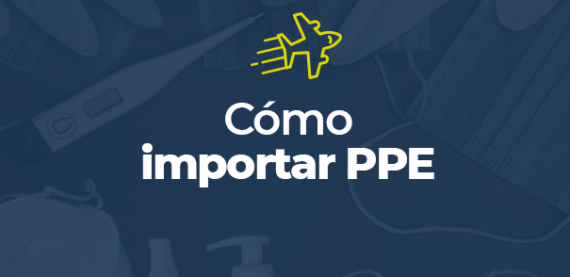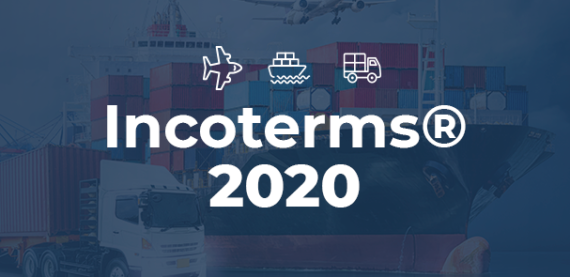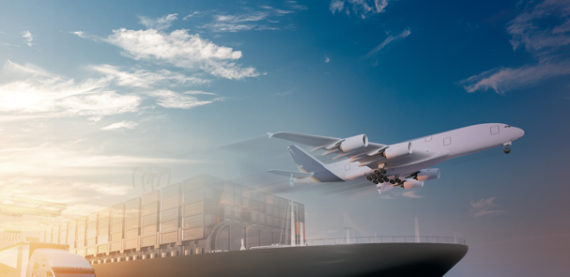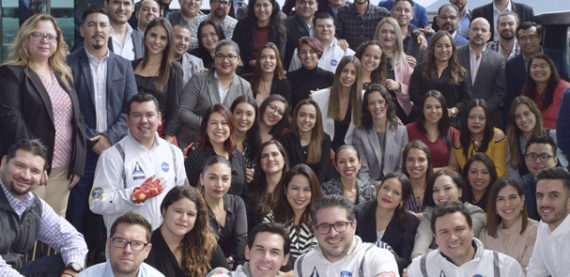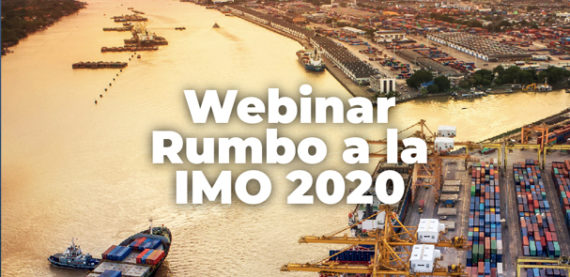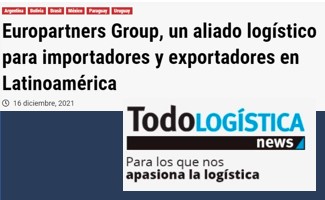Anabell Cortés, leader of Europartners Group Project Cargo vertical, participated in a roundtable discussion on the special cargo market in an event promoted by TodoLogística & Comercio Exterior magazine.
In August 2020, the magazine TodoLogistica & Comercio Exterior promoted the fourth edition of the “Power Meeting” online event. The topic of the talk was “Moving special cargo”.
With a great focus on the Latin American region, the debate included the participation of Bob Kroger, from Brazil, regional leader of the German multipurpose shipbuilder BBC-Chartering, Víctor Marchesi, from Argentina, commercial manager of Coamtra, specialist in the transport of large components and Anabell Cortés, leader of the Europartners Group Project Cargo vertical.
The potential of the oversized freight transport sector
Anabell spoke to the audience of the event held by TodoLogística & Comercio Exterior about the international experience of Europartners Group in the transport of oversized and special cargo, and the perspectives for the sector.
Europartners Group has 76 own offices around the world. More than 50 are in the Latin American region, which gives us special expertise from north to south of the American continent.
The year 2020 began with decisive changes in this vertical, with the 2020 update of the Incoterms® and the impacts on maritime rates with the IMO 2020 regulation.
“From the perspective of a freight forwarder, we saw them as opportunities,” revealed Anabell. She explained that, from the project cargo perspective, the 2010 Incoterms® had gaps in several aspects. One of them was the packaging.
An experienced FFW, such as Europartners Group, can give visibility to its clients of the importance of this type of detail “and, above all, advise them, so their special cargo is never at risk“, explained Anabell.
She also commented on the changes in the Incoterms® related to cargo maneuvering, especially at sites and insurance. “Before, it was difficult for the importer or exporter to take responsibility for such movements,” she recalls. “Advising companies on how to find the best Incoterm® for their business is also a value that we can add,” says the project cargo leader.
Opportunities also from IMO 2020
Before IMO regulation, continuous rates increases were forecast. “We couldn’t keep rates in effect for more than a month,” Anabell recalls. “No one expected the change in fuel would impact prices downward,” she revealed.
But how does this become an opportunity? “If we can visualize all the costs we incur in international transportation, we can take advantage of quarterly rates” and thus, build long-term projects, explained the expert to the online audience of the event.
“There are more than 20,000 projects worldwide waiting to be taken care of by us [from the special cargo sector],” Anabell states.
Future forecasts
What is coming for the industry? Become more sustainable, necessarily evolve their processes and develop new technologies. Companies that had business plans for the next few years are experiencing extreme changes.
“Those that were previously viewed as profitable were affected by the current situation,” explained Anabell, “and others have been rewarded with these changes and new ways of doing business.”
Renewable industries and manufacturing (especially in transformation goods), for example, must close 2020 with significant growth of up to 27%. Food, pharmaceutical and technology are also on the rise (see full table below), a situation quite different from that imagined at the end of 2019.
Unfortunately, the rise in these sectors was supported by the decline observed in industries such as automotive, petrochemicals, mining, infrastructure and aerospace.
On the other hand, the new normal created the need to evolve our ways of working, doing business, and identifying the successful industries in 2021 and in the next five years.
“The automotive industry was forced to modify its business models, broaden its industrial focus and, mainly, seek innovative processes that enable them to develop new technologies,” exemplified Anabell.
For the Europartners Group project cargo leader, the biggest challenges to be faced by the market are:
- Optimize financial resources in transport modes;
- Achieve higher productivity and efficiency with limited capabilities;
- Meet delivery dates (due dates);
- Reduce the economic recession.
Anabell explained the audience of the event that one of the tools that Europartners Group found to overcome these difficulties involves planning projects, based on four gears working as one:
- Constructive and transversal communication
- Analysis to define and anticipate needs related to equipment and roads
- Risk and economic evaluation, to generate contingency plans
- Alignment between teams
“Each project is unique, it is different, it has very specific characteristics –which we can never take for granted, since the margin of error is minimal– and we have implemented our plan in each of the projects that we have had the opportunity to participate in,” points out Anabell. “The intention is to reduce risks and costs (mainly the unforeseen)”, she completed.
Fun facts:

You can watch the complete debate on YouTube:
 ESPAÑOL
ESPAÑOL





